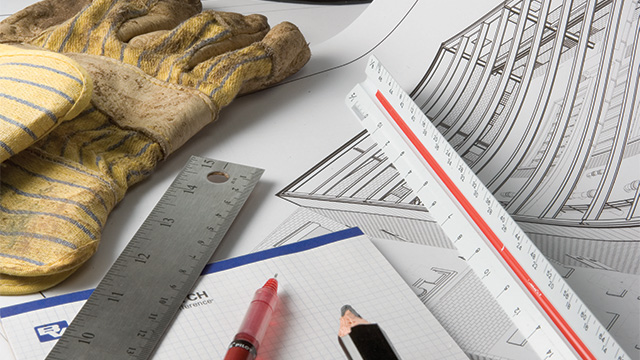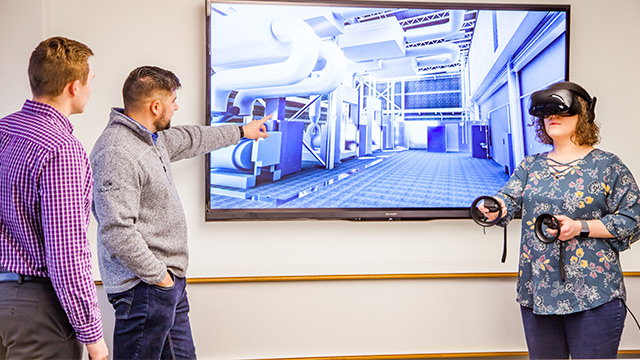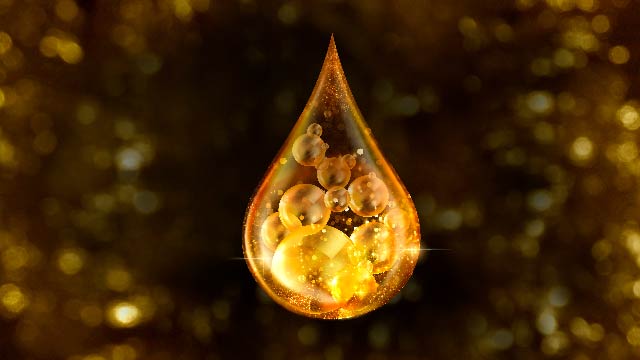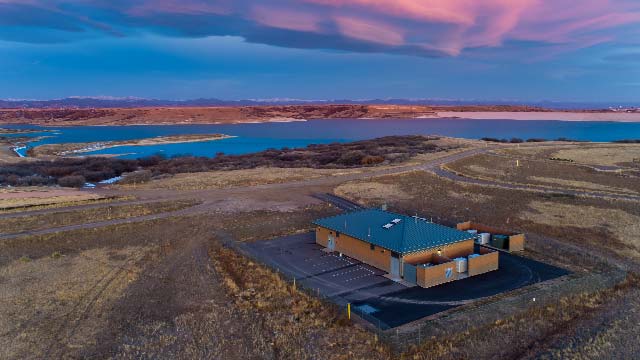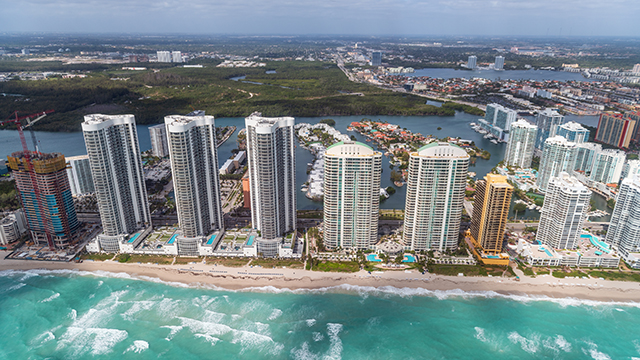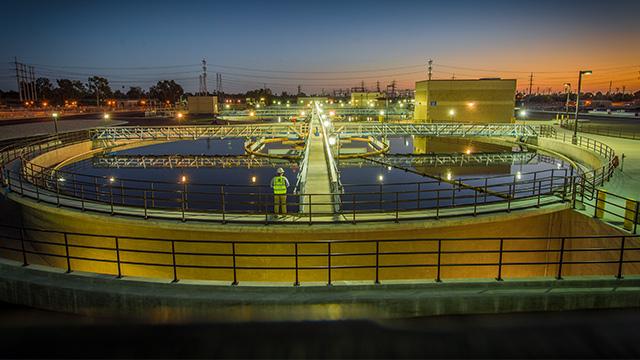With water already at a premium in a stubbornly parched region of the United States, a global oil giant had sustainability in mind when it searched for ways to clean and repurpose water produced as a byproduct of one of its enhanced oil recovery operations.
The company had a conception of how to strip that water of constituents that would allow it to safely run it through steam generators, creating steam that _when injected into the well field _ could warm and free more trapped oil. But answers that filled in the blanks proved elusive, until the company asked Black & Veatch for help.
As a century-old global engineering and construction consultancy, Black & Veatch engineers designed and built a 6,000-bpd pilot plant that treated the produced water for reuse in the steam generators. With a water treatment capacity to serve only one-tenth of the oil field at the test site, the steam did extract more oil, proving its cost-worthiness while showing the process could be expanded to the full-scale oil operation for the entire well field.
“The field reacted positively, and this certainly proves the concept,” said Tom Shrader, a lead process engineer and project manager at Black & Veatch, a leader in sustainability solutions in the water, oil and gas spheres. “We are familiar with all of these processes, and it was our ability to put them in the right order and the right combination for it to be a cost-effective solution.”
Making the most of water so scarce in many petroleum-producing regions has been a chronic concern for oil companies, compounded by ever-declining output from aging fields even as considerable oil deposits remain below ground.
During oil-recovery efforts, tremendous amounts of water come to the surface along with the oil. That produced water can contain about 6,000 to 100,000 plus parts per million (ppm) _ or more _ of dissolved solids, dwarfing the 300 to 600 ppm for typical surface water, Shrader said. Such “high concentrations of bad actors,” he added, “make the water more corrosive and difficult to handle," often threatening to clog or corrode pumps, generators, valves or their associated piping.
Petrochemical companies have turned to often-complex ways of softening such water, and oil, grease and dissolved gases such as hydrogen sulfide must be addressed. An upside is that producers use less, if any, potable water, making this a more sustainable approach.
Cost and speed to market are critical concerns in these applications. Black & Veatch has experience with pre-engineered water-purification methods that can be implemented quickly. Black & Veatch also has experience in engineered solutions _ including in-house expertise in hydrogen sulfide treatment in addition to traditional water treatment processes _ in tailoring options to a company’s needs in the most cost-effective manner.
“That’s the value we bring,” Shrader said, noting that the quality of subsurface water can vary significantly by region. But “we’ve got experience in applying water-treatment technologies to whatever end game you need.”
